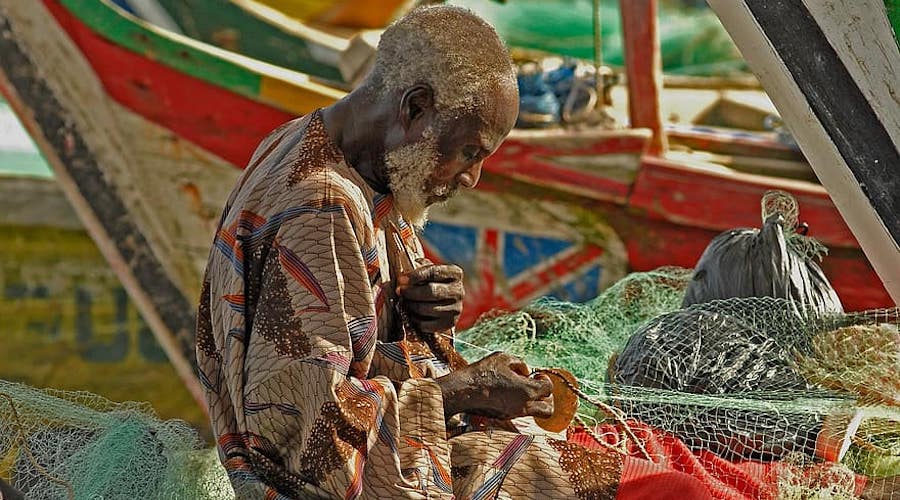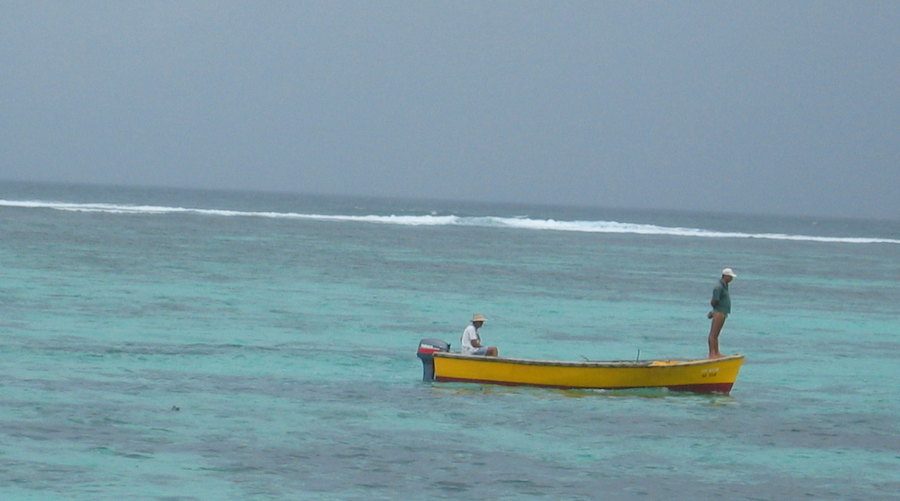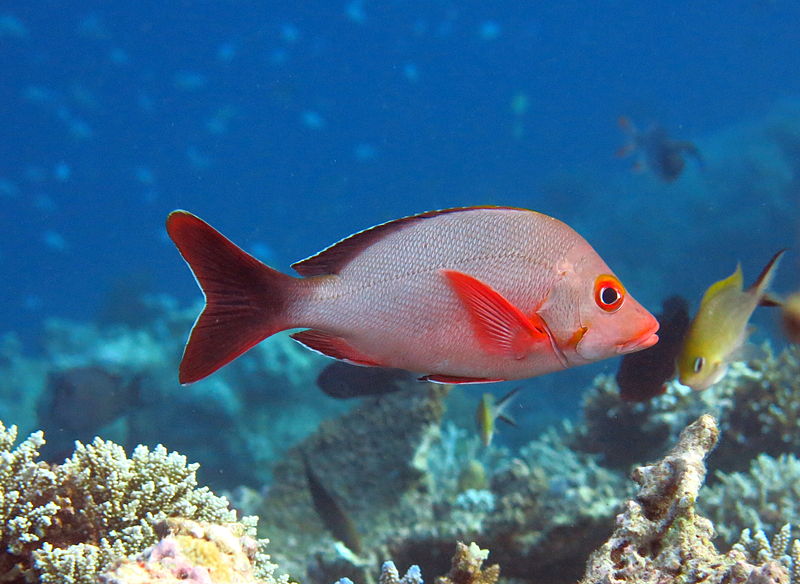In July 2024, the Sea Around Us turns 25 years old.
During this quarter-century, the project has been dedicated to examining the impacts of fisheries on the marine ecosystems of the world. It has been and remains instrumental in ocean conservation.
In July 2024, the Sea Around Us turns 25 years old.
During this quarter-century, the project has been dedicated to examining the impacts of fisheries on the marine ecosystems of the world. It has been and remains instrumental in ocean conservation.

Ghanaian fisherman. Photo from Pikist.
Fish catches in Africa have reached a peak and, in many cases, have moved into a declining trend that threatens the food security and economic development of coastal areas.
A new study by researchers at the University of Western Australia, the University of British Columbia and Ecotrust Canada analyzed fishery yields in the seven Large Marine Ecosystems or LMEs that surround the African continent and found that most fisheries in the region rely on overfished resources.
In the midst of the covid-19 pandemic, Myriam Khalfallah defended her PhD dissertation titled Data-poor Fisheries: Case studies from the Southern Mediterranean and the Arabian peninsula.
Despite having to present from her living room via a videoconferencing system to comply with the physical distancing measures imposed by the B.C. health authorities, Khalfallah obtained unanimous approval for her thesis.

Men fishing in Seychelles. Photo by Tiare Scott, Flickr.
Comprehensive fisheries data are needed in the Republic of Seychelles to back the country’s path towards a blue economy, where environmentally sustainable and equitable practices are implemented to make use of various ocean resources for economic growth.
New research by the Sea Around Us – Indian Ocean, in collaboration with Hanna Jabour Christ of the Marine Futures Lab at the University of Western Australia, revealed that there are discrepancies between the actual quantities and species of fish caught in the Seychelles Exclusive Economic Zone and what is being reported by regulatory agencies and the Food and Agriculture Organization of the United Nations.

Humpback red snapper. Photo by Julien Bidet for MDC Seamarc, Wikimedia Commons.
Warming waters, king tides and storm surges are not the only things affecting the availability of seafood in the Marshall Islands. Incomplete reporting of fisheries catches and, therefore, of how much is being taken out of the oceans also is.